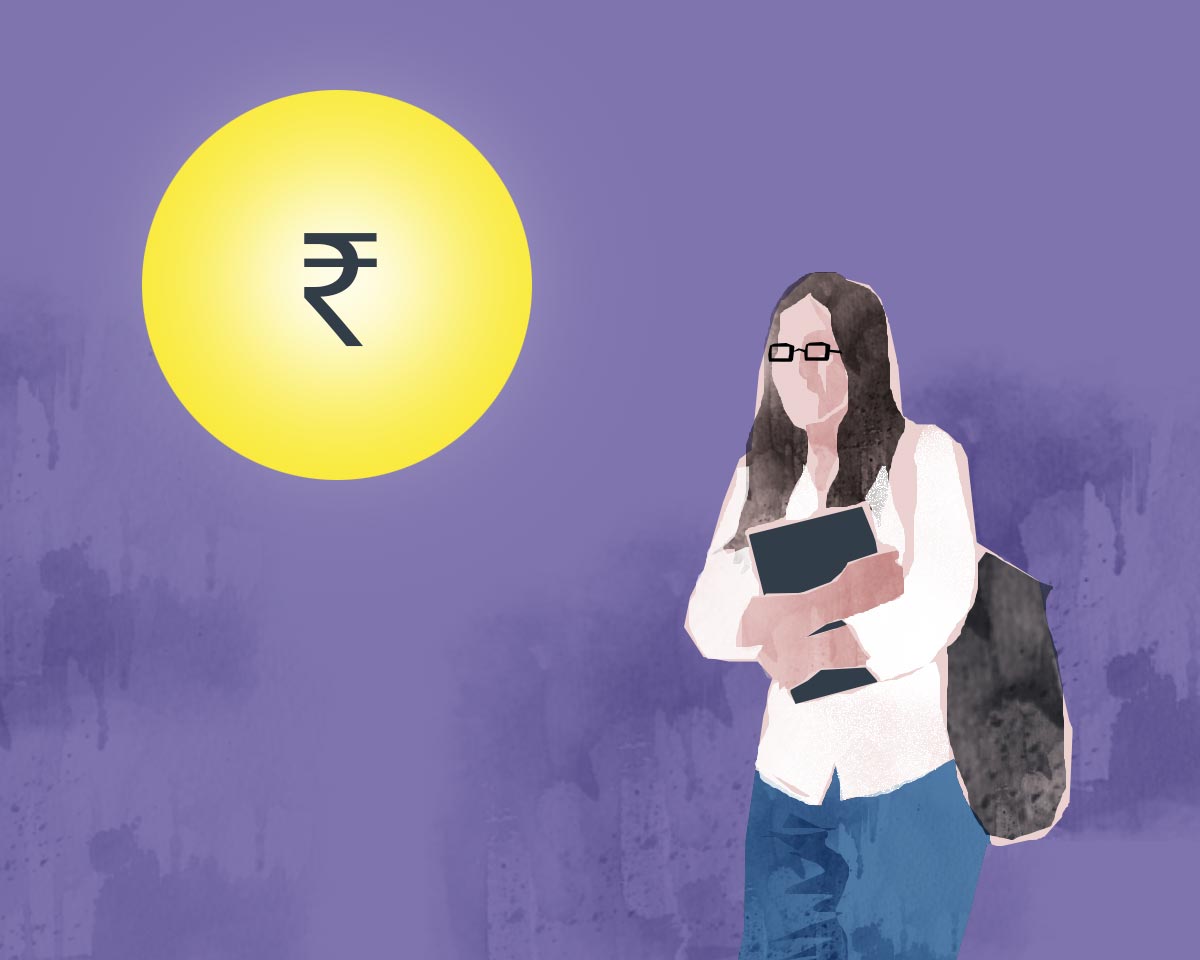It is a good option for parents of girl children who want a debt product and do not mind its low liquidity.
The government recently raised the interest rate on the Sukanya Samriddhi Yojana (SSY) to 8.2 per cent. Along with the Senior Citizens Savings Scheme (SCSS), it now offers the highest return among all small savings instruments.

High return, no credit risk
SSY's return of 8.2 per cent is tax-free. SCSS pays a similar rate but it is taxable.
"An instrument would have to offer a return of almost 12 per cent to generate an 8.2 per cent post-tax return for an individual in the 30 per cent tax bracket," says Deepesh Raghaw, a Securities and Exchange Board of India registered investment advisor.
While the return from Public Provident Fund (PPF) is also tax-free, it is lower at 7.1 per cent.
Being government-backed, SSY carries no credit risk. Investors get a tax benefit at entry.
"You can avail of a tax deduction of up to Rs 1.5 lakh under Section 80C," says Anil Rego, founder and CEO, Right Horizons.
The product's limited liquidity can be beneficial.
"The lock-in ensures that money gets saved for the girl child's education and marriage and is not utilised for other goals," says Renu Maheshwari, Sebi-registered investment advisor, co-founder and principal advisor, Finscholarz Wealth Managers.
Limited liquidity is available.
Up to 50 per cent of the balance available at the end of the preceding financial year may be withdrawn prematurely after the girl child has attained the age of 18 or passed the 10th standard.
Money can be withdrawn in a lump sum, or instalments (one per year) for up to five years, provided it is to be used to pay the child's fee. The account can also be closed at the time of daughter's marriage (provided she is 18).
Liquidity constraint
SSY comes with a long lock-in.
"Money can't be withdrawn from SSY before its 21-year tenure ends if you need it for any purpose other than the girl child's education or marriage," says Raghaw.
A few additional limitations exist.
"Accounts can be opened in the name of two girl children only. The interest rate is not fixed but can fluctuate every quarter. Also, account holders can only contribute up to 15 years from the date of account opening," says Rego.
Another limitation, as Maheshwari points out, is that one can only invest up to Rs 1.5 lakh per financial year.
SSY differs from PPF, another long-term product, on a few counts.
"PPF can be extended in blocks of five years after its 15-year tenure ends. This cannot be done in SSY. PPF also turns very flexible in the matter of withdrawal once it is extended after 15 years. SSY remains inflexible throughout its tenure," says Raghaw.
Who should go for it?
SSY is only open to those who have a daughter aged less than 10 years. "Those who are eligible should open this account," says Maheshwari.
Rego adds that it is a good option for parents of girl children who want a debt product and do not mind its low liquidity.
Invest in equity funds too
Investing in SSY alone may not suffice to meet the expenditure on your daughter's education and marriage, given the high and rapidly escalating costs, and the cap of Rs 1.5 lakh per annum on investment in SSY.
A newborn girl child's college education and wedding could easily be 17 to 25 years away.
"For such goals, you can take some risk in the portfolio. So, invest in equity mutual funds. Also, open a PPF account in your child's name," says Raghaw.
Maheshwari, too, suggests starting a systematic investment plan in an index fund to accumulate money for these long-term goals.
She warns against investing in insurance-cum-investment products as many offer abysmal returns.
The breadwinner's premature death can prevent the achievement of goals like girl child's education and marriage.
Parents should safeguard their child against this eventuality by purchasing adequate term insurance (with the waiver of premium rider).

Disclaimer: This article is meant for information purposes only. This article and information do not constitute a distribution, an endorsement, an investment advice, an offer to buy or sell or the solicitation of an offer to buy or sell any securities/schemes or any other financial products/investment products mentioned in this article to influence the opinion or behaviour of the investors/recipients.
Any use of the information/any investment and investment related decisions of the investors/recipients are at their sole discretion and risk. Any advice herein is made on a general basis and does not take into account the specific investment objectives of the specific person or group of persons. Opinions expressed herein are subject to change without notice.
Feature Presentation: Ashish Narsale/Rediff.com










